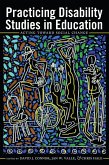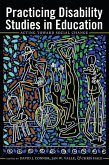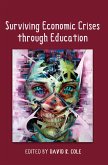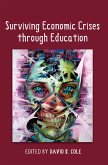This book challenges educators to envisage an education system which sees as its goal a more socially just world. It explores the question of how education, both formal and informal, can positively impact on all pupils' life chances and life experiences.
The contributors to the book take the view that access to an equitable education for all is a necessary condition for the advancement of social justice; indeed the book argues that social justice cannot be achieved except through education. The authors suggest that it is the responsibility of educators to support the advancement of the millennium development goals including the achievement of universal primary education and the promotion of gender equality and the empowerment of women.
The authors in this collection explore a range of case studies and offer evidence for the ways in which education has proved detrimental to the advancement of social justice. More importantly they point to ways in which our global education system can be developed to meet the requirements of a socially just society.
The contributors to the book take the view that access to an equitable education for all is a necessary condition for the advancement of social justice; indeed the book argues that social justice cannot be achieved except through education. The authors suggest that it is the responsibility of educators to support the advancement of the millennium development goals including the achievement of universal primary education and the promotion of gender equality and the empowerment of women.
The authors in this collection explore a range of case studies and offer evidence for the ways in which education has proved detrimental to the advancement of social justice. More importantly they point to ways in which our global education system can be developed to meet the requirements of a socially just society.








